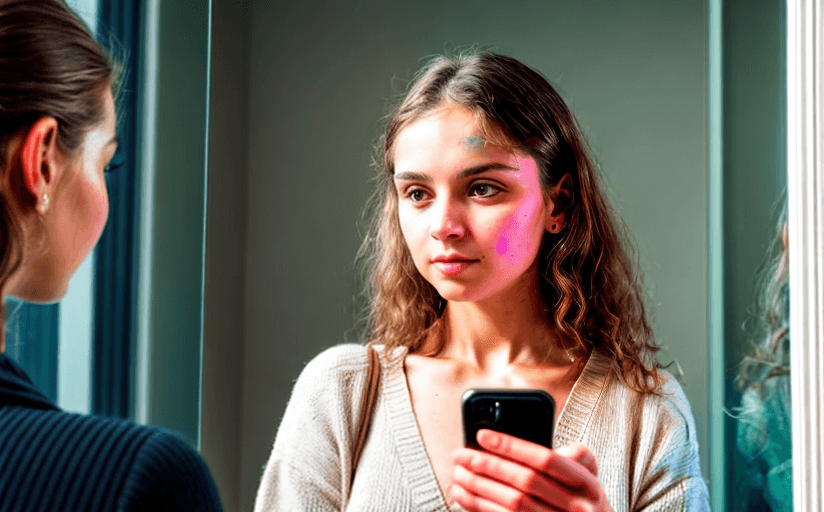Exploring How Social Media Has Impacted Body Image and Self-Esteem Among Young Adults
In recent years, social media has become an increasingly prominent part of everyday life for young adults. Platforms such as Instagram, Snapchat, and TikTok allow users to share photos and videos, follow other users, and engage in dialogue with friends and strangers alike. While social media can be a great way to stay connected with people, it can also have a powerful impact on how users perceive their own body image and self-esteem. This article will explore how social media has impacted body image and self-esteem among young adults, and will analyze the different ways in which users of these platforms interact with each other and the potential long-term effects this may have.
The Impact of Social Media on Body Image and Self-Esteem
Research suggests that social media can have a significant impact on how young adults perceive their own body image and self-esteem. Studies have found that young adults who use social media frequently are more likely to compare themselves to others and have higher levels of body dissatisfaction. This can lead to feelings of inadequacy and low self-esteem, which can have a long-term negative impact on an individual's mental health. Additionally, social media can be a source of pressure for young adults to conform to certain body ideals, which can further contribute to feelings of insecurity and low self-worth.
Interactions on Social Media Platforms
The way users interact with each other on social media platforms can also have an effect on how they perceive their own body image and self-esteem. Studies have found that when users see others engaging in body-shaming or posting negative comments about their own or others' bodies, it can lead to feelings of insecurity and a decrease in self-confidence. Additionally, users may be more likely to compare themselves to others if they see images of people with bodies that are viewed as ideal. These interactions can have a long-term negative impact on body image and self-esteem.
Conclusion
Social media has had a significant impact on how young adults perceive their own body image and self-esteem. The way users interact with each other on these platforms can lead to feelings of insecurity and a decrease in self-confidence. Additionally, users may be more likely to compare themselves to others if they see images of people with a certain body type. It is important for users to be aware of the potential long-term effects of social media on their mental health and to be mindful of how they interact with others on these platforms. It is also important for parents and educators to be aware of the potential impact of social media and to provide support to young adults who may be struggling with body image and self-esteem issues.


















Comments
Leave a Comment